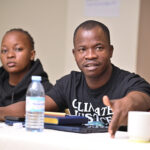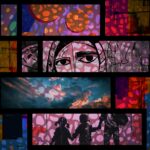This article was published more than 5 years ago.
This article is part of a series featuring inspiring stories of local action #fromthefrontlines of COVID-19 in the Global South. For more, visit our COVID-19 page and follow us on Facebook and Twitter.
Along Myanmar’s eastern border with Thailand, a violent campaign by the Burmese military has inflamed ethnic divides, impeding local public health efforts and leaving thousands of rural villagers vulnerable during a historic global pandemic.
Even as Myanmar’s central government pledges solidarity in the fight to contain COVID-19, the army has pushed forward with an offensive in the northern Karen district of Mutraw—home to about 80,000 Karen people, who are one of Myanmar’s ethnic minorities, and a bastion of peaceful resistance for the local Karen communities. The constant shelling and attacks on villages in Mutraw, which violate the terms of a 2012 ceasefire with the Karen National Union (KNU), have forced hundreds of Karen villagers and farmers to flee their homes and put thousands of civilians at risk in an unfolding humanitarian disaster.
Since 1949, Karen State has been the site of a devastating struggle between Karen resistance fighters and the national armed forces, known as the Tatmadaw. The military has been accused of using mass violence, torture, rape, and extrajudicial executions in their brutal campaign to suppress the Karen resistance movement.
As a result of the ongoing conflict, more than 70,000 Karen people live in refugee camps in Thailand and an estimated 200,000 people are internally displaced in Karen areas of Myanmar.
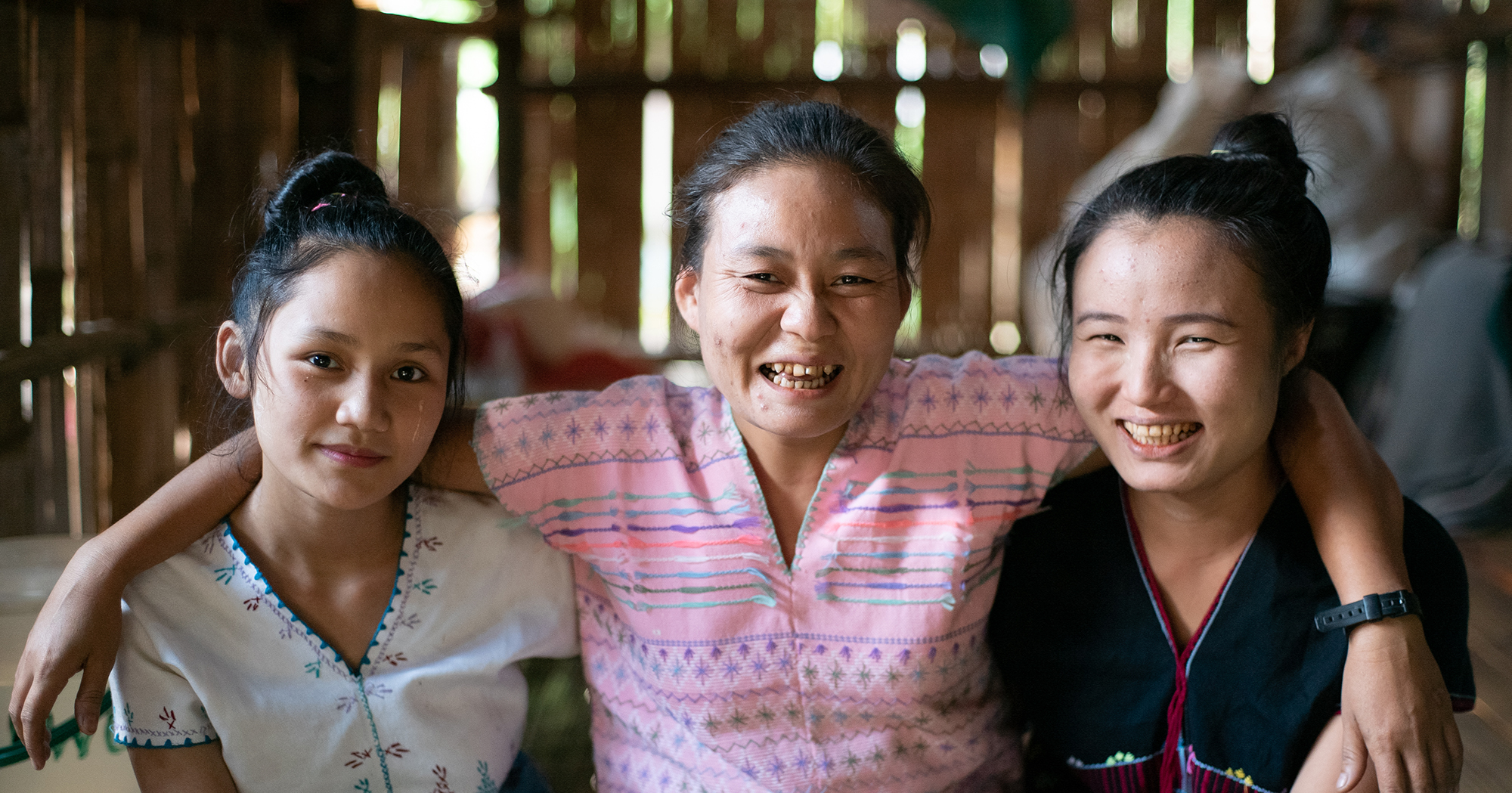
The Karen Peace Support Network (KPSN), a coalition of more than twenty Karen community-based organizations that includes the Fund-backed Karen Women’s Organization (KWO), is demanding an immediate end to the Tatmadaw’s unchecked aggression—and calling on international donors to support local health providers and community groups directly, instead of sending aid to the central government, which has largely excluded ethnic minorities from their pandemic response.
In an April statement, KPSN drew attention to the “glaring double standards” of Myanmar’s COVID-19 strategy.
“While the government is promising food to people impacted by COVID-19 … the Burmese military have burned down Karen villagers’ fields and rice barns,” KPSN wrote. “While the government is promoting social distancing in Yangon and other cities … the Burmese military have burned down the houses where Karen villagers could have protected themselves.”
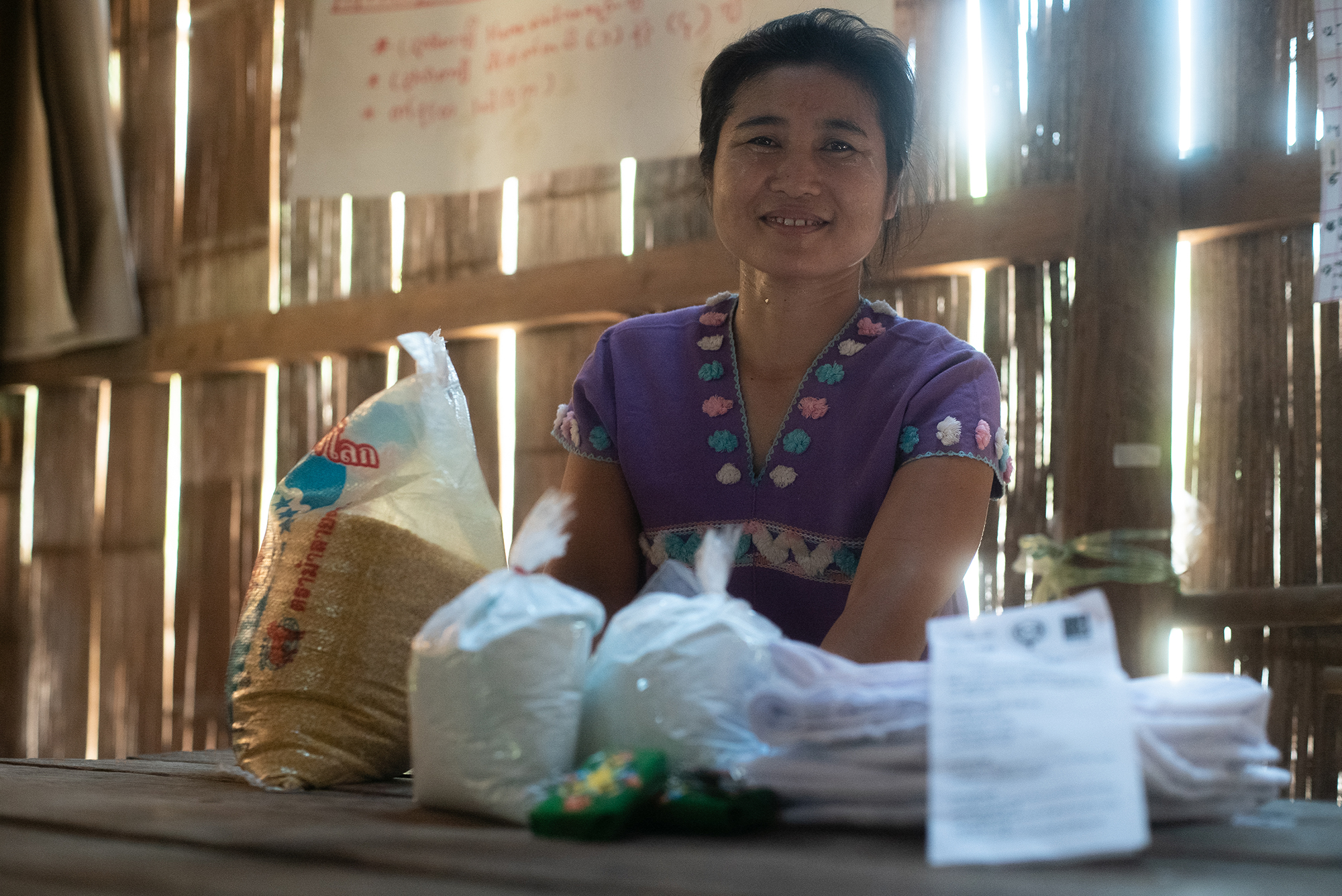
As the international community provides financial assistance to the central government in Naypyidaw, Karen leaders report that the Burmese military is actively preventing that aid from reaching minority-controlled areas. In early May, the KNU reported that the Tatmadaw set fire to a hut used for COVID-19 screenings in the Hpapun District of Karen State. They also say that the central government is censoring minority news organizations and restricting information with a mobile internet blackout that affects around 1 million people.
Myanmar’s public health system is poorly developed and its slow response to COVID-19 has been criticized. Without access to government programs, minority communities depend on grassroots groups to provide health services. But KPSN says that “the real frontline responders”—local community groups and associations—urgently need more funding. International support has decreased in recent years, even as violence has steadily ratcheted back up.
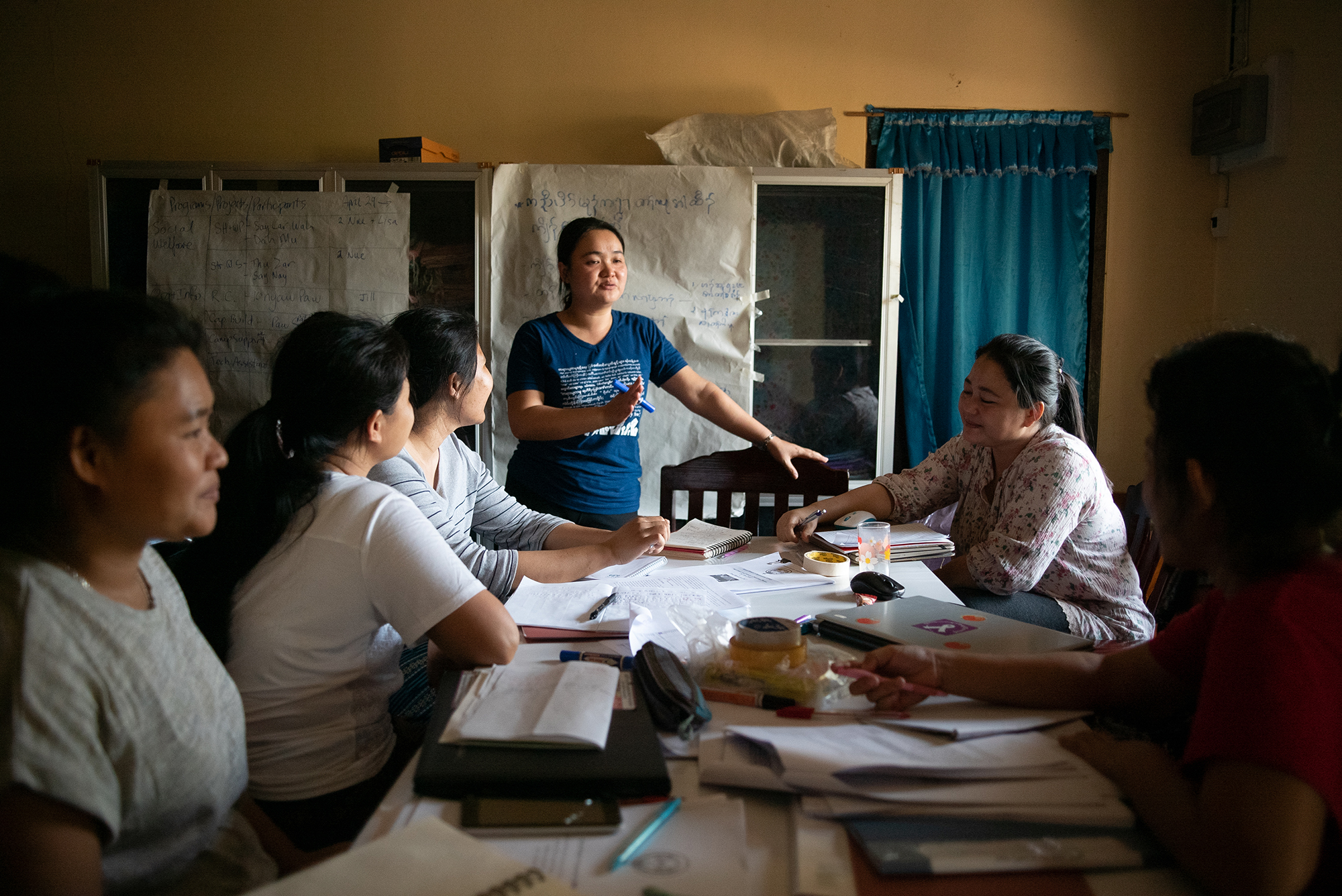
Groups like KWO, a 60,000-strong membership organization for Karen women, support vulnerable and displaced people across Karen state and in refugee camps. Navigating a decades-long armed conflict and the recent pandemic, KWO provides access to healthcare, nutritional food and hygiene supplies for babies and new mothers, and education for young children, as well as vital advocacy efforts and community leadership development.
With the outbreak of COVID-19, KWO has pivoted to be part of the local pandemic response. In addition to their direct service provision, they have sewn and distributed masks, translated public health materials into the Karen language, and raised awareness about disease prevention and mitigation.
As the Tatmadaw continues its aggressive campaign in Karen State, the local villagers of Mutraw—who are mostly subsistence farmers—have been cut off from government protections and excluded from the state’s official policy of “no one left behind.” Ongoing conflicts in Shan, Rakhine, and Chin States have similarly endangered innocent civilians, while the government’s segregated pandemic response reveals the depths of Myanmar’s systemic inequalities.
For the estimated 370,000 people displaced in Myanmar and living in camps, the spread of COVID-19 could be disastrous. The work of community groups like KWO is more important than ever to ensure that ethnic minorities in Myanmar have access to the services they need during this challenging global moment.
The Fund was built on the foundational belief that local action like this saves lives. We are proud to support the crucial work of KWO as they offer relief to their communities and advocate for a peaceful Myanmar.

